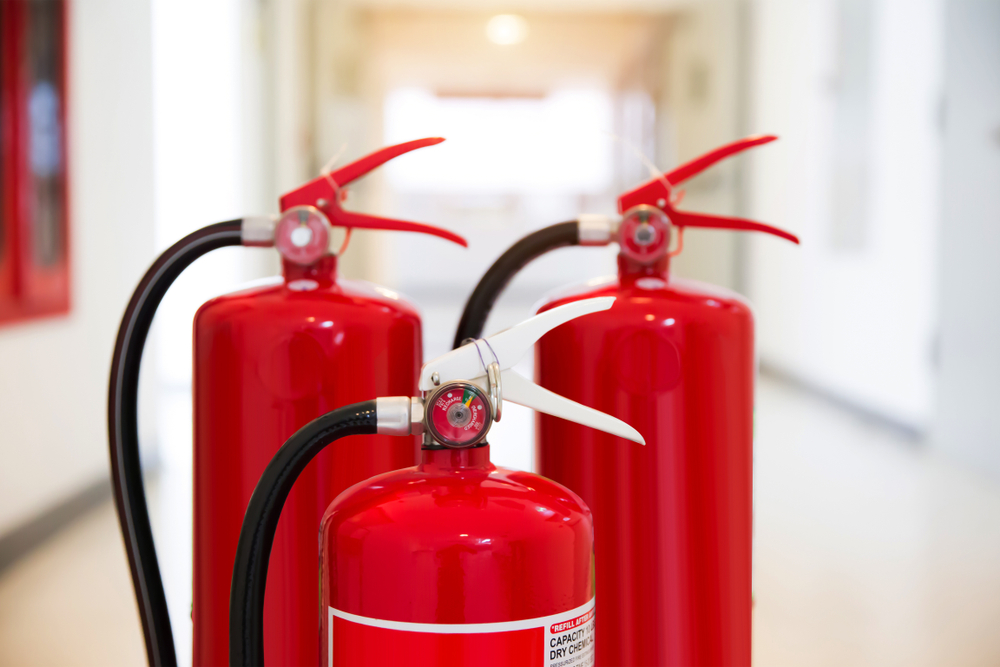When choosing a fire extinguisher, one of your top concerns is its durability. Many manufacturers claim that their fire extinguishing units can last up to 20 years when well maintained. This may seem like a long time but it’s likely to run out fast and before you notice, your fire extinguishers are approaching the end of their lifespan. Another issue is that over time you may not be sure exactly when you get the extinguisher. Are there any signs you can look out for to determine if the fire extinguisher is about to expire? We’ll go over this below.

Does the fire extinguisher have an expiration date?
Unfortunately, most fire extinguishers don’t come with an expiration date. This makes it even harder to know when it’s time to replace the unit. For most fire extinguishers, knowing when it is considered ‘expired’ is difficult since you don’t have a date to work with.
Proper maintenance is key
Over time, fire extinguishers are exposed to different forms of damage such as rust and corrosion. This causes the unit to lose its ability to function effectively. That’s why regular inspection and testing is important and must be done at the recommended intervals.
Hydrostatic testing is done to assess the condition of the fire extinguisher’s cylinder. This cylinder is under constant pressure and if damaged in any way, it makes the unit unsafe for use. Damaged fire extinguisher cylinders should be repaired or replaced immediately.
Do the contents inside a fire extinguisher expire?
Fire extinguishers typically have no expiration date. What happens is that testing and inspection are done at regular intervals and if the unit fails the test, it’s immediately replaced. The contents inside the fire extinguisher, also known as extinguishing agents, don’t expire. The common issue is the extinguishing agent becoming depressurized over time. This lack of pressure causes the unit to lose its ability to operate properly.
Some fire extinguishers have become obsolete over time due to several reasons. For instance, as technology improves or code and insurance requirements change, some fire extinguishing agents are removed from service.
Examples of fire extinguishers that have become obsolete over time include:
- Soda acid
- Chemical foam
- Cartridge operated water and loaded steam
- Vaporizing liquids such as carbon tetrachloride
- Carbon dioxide extinguishers with metal horns
- Extinguishers that need to be inverted to operate
- Any stored pressured extinguishers manufactured before 1955
Other than the obsolete fire extinguishers mentioned above, any unit that can no longer be serviced as stated in the manufacturer’s manual is considered to be obsolete. Fire extinguishers that were made by a company that is no longer in business should also be removed from service and considered obsolete.
Fire extinguishers need proper care and maintenance to offer building owners and facility managers years of reliable fire protection. Reach out to fire protection companies for advice on the age and condition of your portable units. If you suspect that your fire extinguishers could be damaged or expired, they’ll be able to address these concerns.





